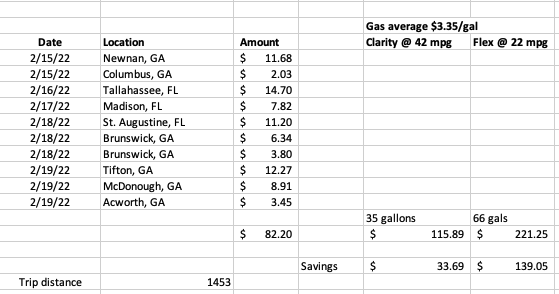bnt83
Final Approach
Same thing that happens with traditional cars, I assume. But how many 10 and 20 year old teslas are out there? SO I cant answer that exactly. But you don't get your years back when you keep buying new at twice the rate. The destruction is upfront with the EV. Sort of like home ownership. You only really get equity on the back end. Keep moving sideways in the house market every 3 years you're never recouping.
I've got a 43 year old pickup with the original engine and transmission that's still going strong. The OEM AM/FM radio does not work. I have not investigated the air-conditioning system much other than enough to know the pump isn't stuck and the clutch does work when bypassing the pressure switch. I believe there is a spare used torque flight 727 trans on dad's farm in a similar pickup I can rebuild and use in this truck.
The 17 year old Grand Marquis runs and drives like a new car, simply the nicest car I've ever owned. The 18 year old Grand Marquis takes me to work daily, the second nicest car I've ever owned. I bought a spare 4R70W trans for the 2004 for a whopping $200 and I'm feel pretty confident I can disassemble it inspect it and reassemble it successfully. I have about $7k in both cars, obviously paid cash for both.
Last edited:



